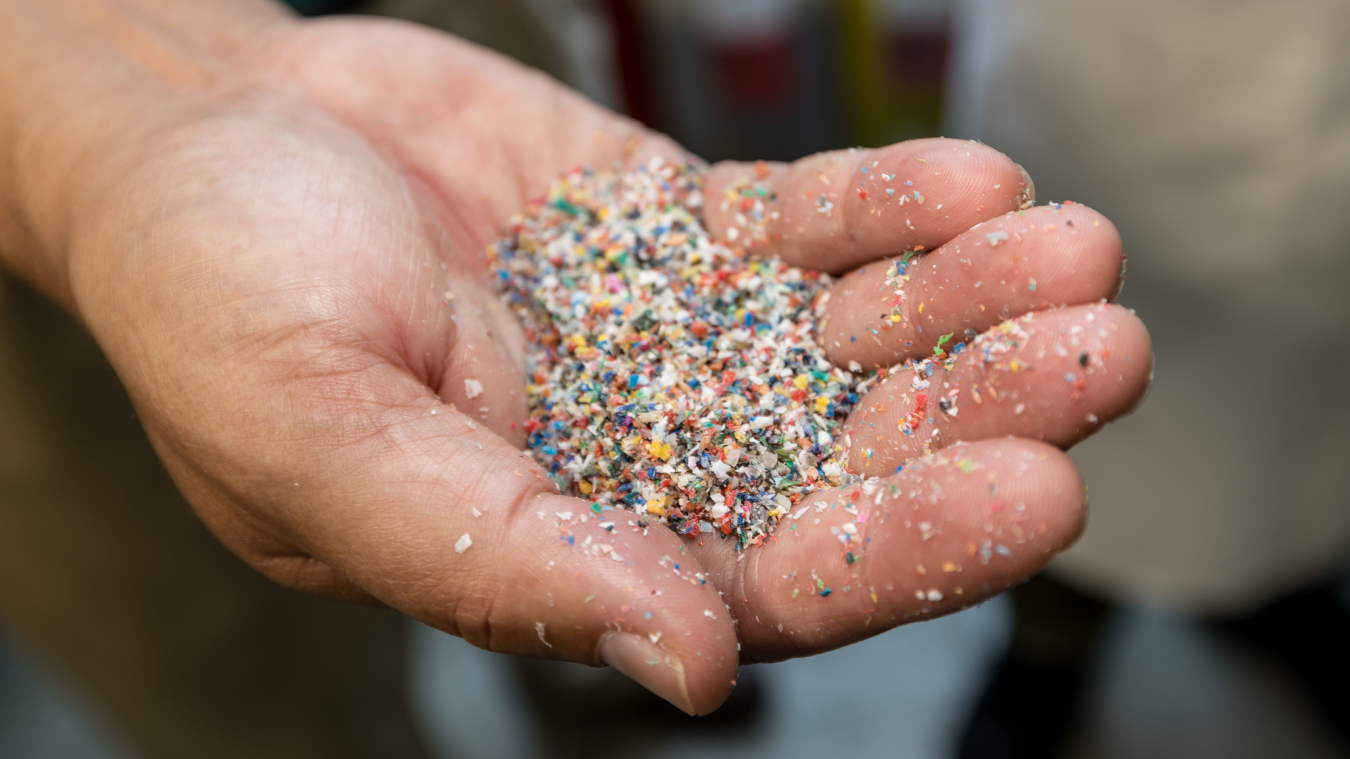Despite millions of Americans depositing their plastic waste into recycling bins, much of that waste, including flexible films, multilayer materials, and colored plastics, cannot be recycled cost-effectively. In fact, only 9% of plastics in the U.S...
September 14, 2023
Low-value waste plastic converted into high-value chemicals in a new process developed by UW–Madison researchers. Photo credit: Joel Hallberg
Despite millions of Americans depositing their plastic waste into recycling bins, much of that waste, including flexible films, multilayer materials, and colored plastics, cannot be recycled cost-effectively. In fact, only 9% of plastics in the U.S. are actually re-used and are typically “low-value,” meaning the high costs of recycling do not necessarily yield good returns.
Thanks to a new process from the University of Wisconsin (UW) – Madison, chemical engineers can now transform plastic waste into “high-value” chemicals, increasing the economic incentives for plastic recycling and creating novel pathways to recycle new types of plastics. In research published in Science, investigators led by Dr. George W. Huber, a professor of chemical and biological engineering at UW-Madison and Director of the Center for the Chemical Upcycling of Waste Plastics (CUWP), have developed a new plastics recycling method based on two chemical processes: pyrolysis and hydroformylation.
“Currently, there are limited options for cost-effective plastic waste recycling, and most generate a product with substantially lower value and quality than a virgin plastic,” says Dr. Gayle Bentley, U.S. Department of Energy (DOE) Bioenergy Technologies Office (BETO) Technology Manager for CUWP. “This exciting new technology paves the way for truly sustainable plastics and a circular plastics economy.”
Researchers estimate these processes will not only revolutionize plastics recycling, but could also reduce greenhouse gas emissions from the conventional production of these industrial chemicals by roughly 60 percent. “There are so many different products and so many routes we can pursue with this platform technology,” says Huber. “There’s a huge market for the products we’re making. I think it really could change the plastic recycling industry.”
Read more about this exciting BETO - funded recycling research.
The Center for the Chemical Upcycling of Waste Plastics is a DOE- funded, multi-university center consisting of six universities, over twenty industrial partners, one industry association, and the National Renewable Energy Laboratory.

